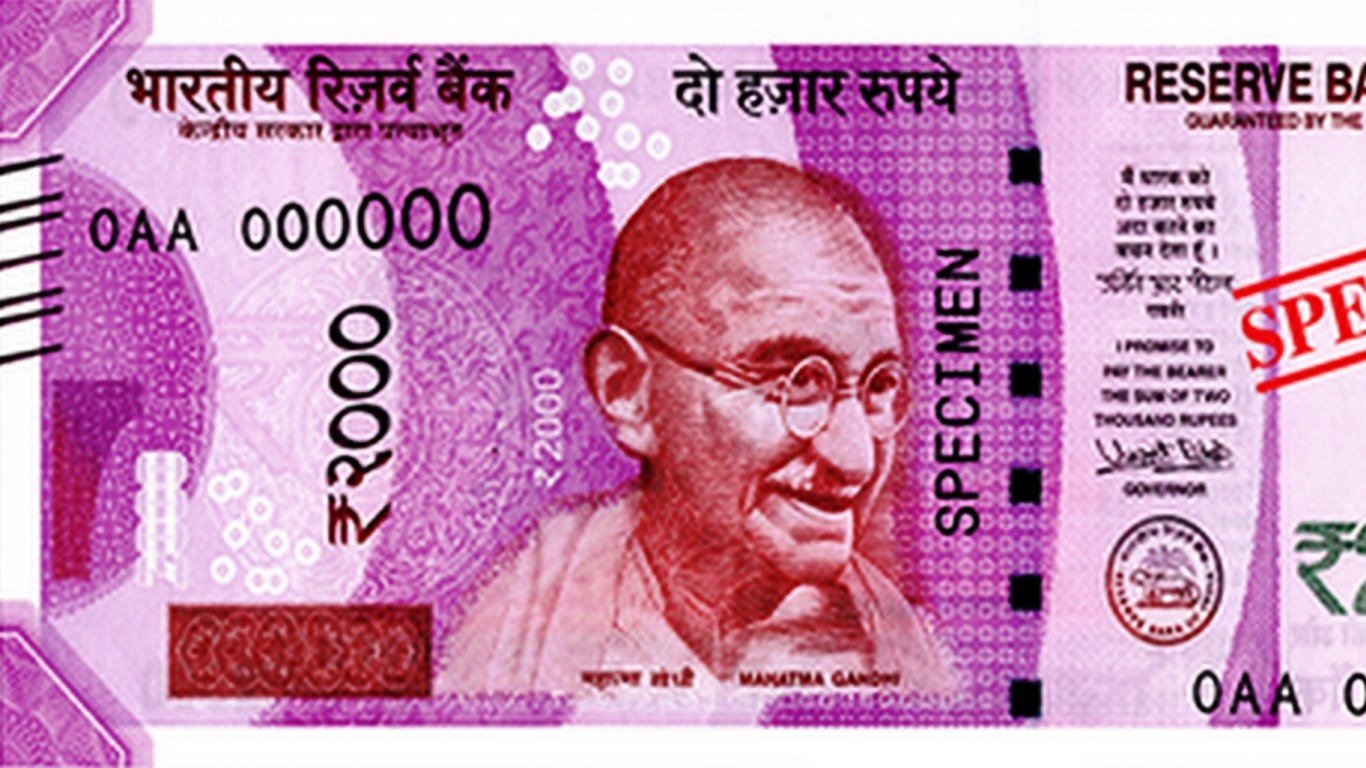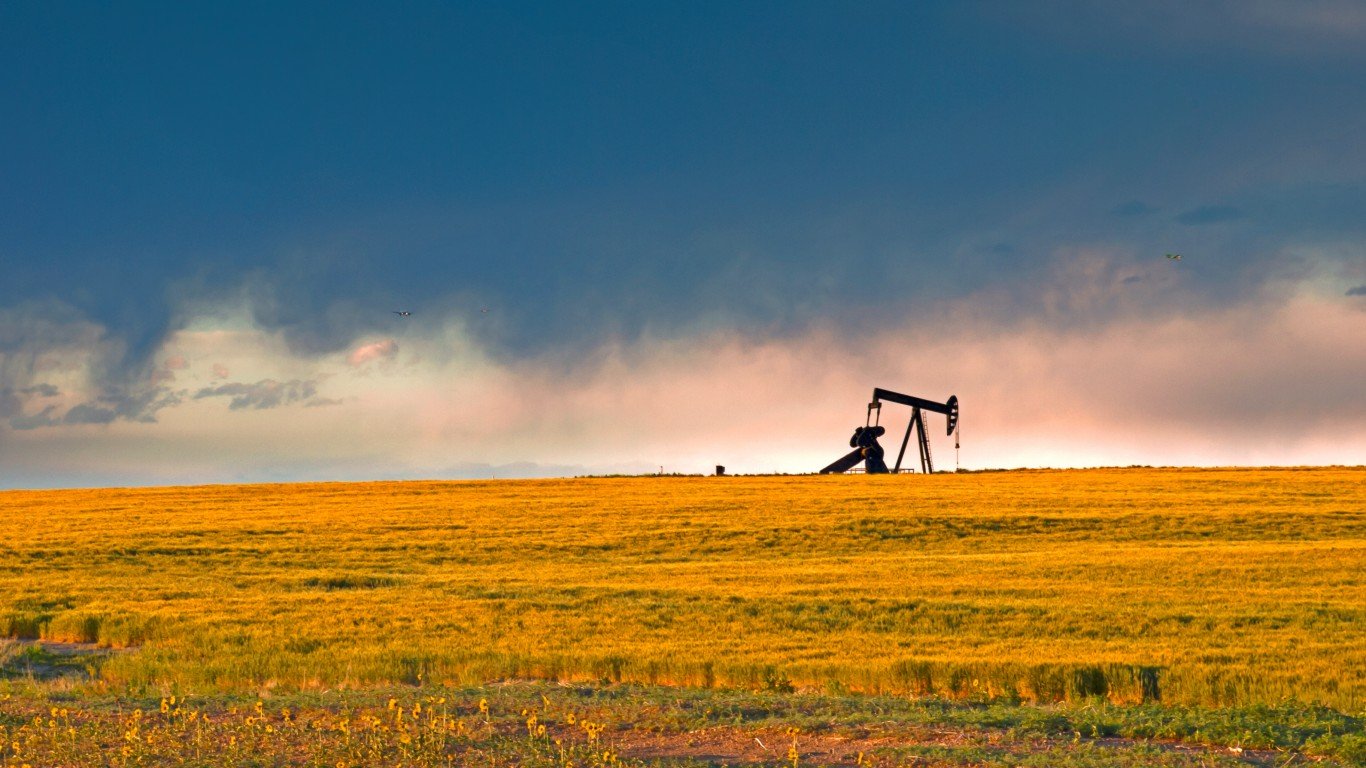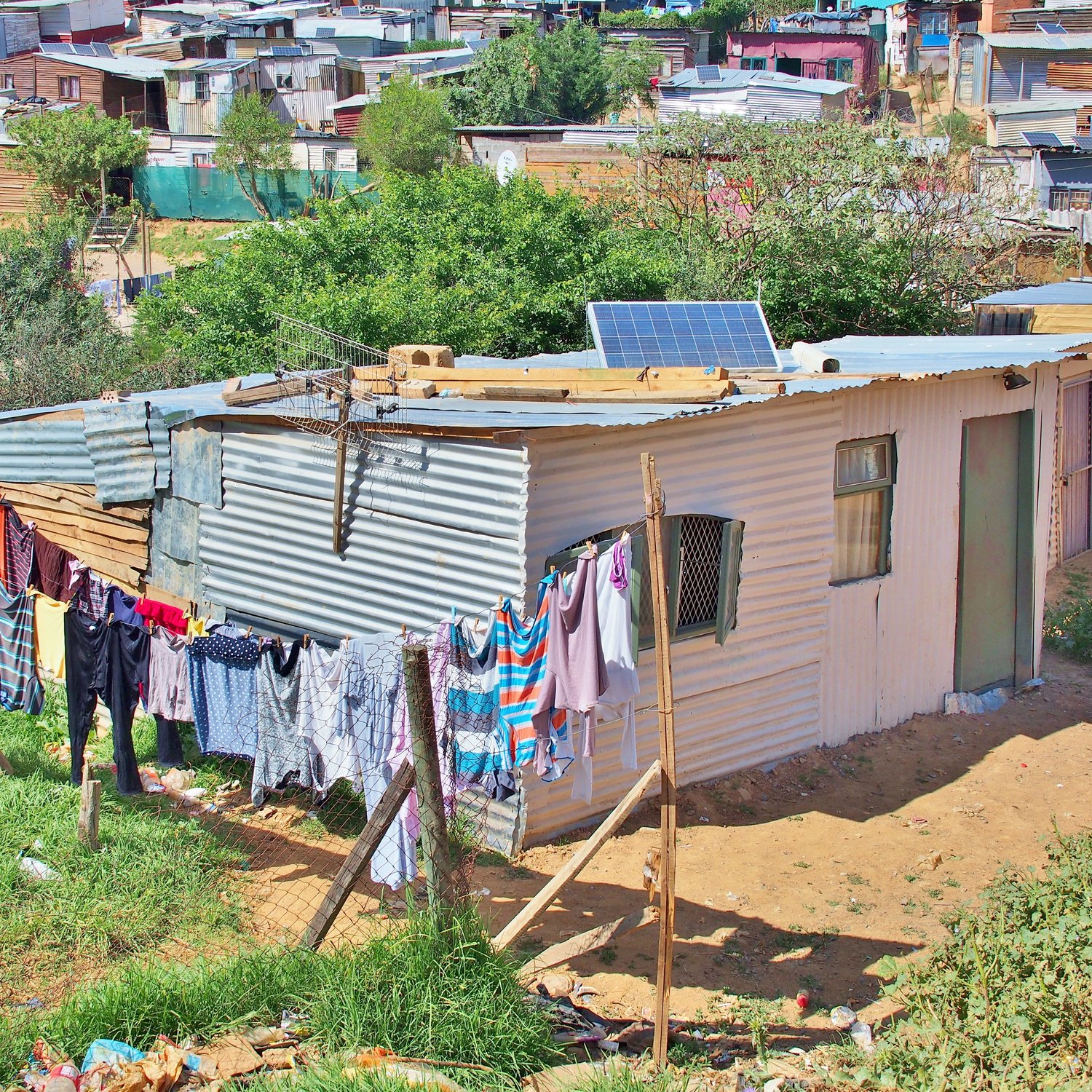

The year 2018 has turned out to be both interesting and challenging when it comes to the world’s financial markets and economies. The United States has been the world’s safe haven, where the growth of gross domestic product (GDP) has risen to over 4% on the last look and the stock market has hit all-time highs. While the U.S. Federal Reserve continues to raise short-term interest rates, the reality is that 3% has acted as a cap on longer-term U.S. interest rates. Europe and Japan continue to have negative short-term rates and long-term rates that are so low they negligible.
As the U.S. Federal Reserve continues to strive to get back to a “neutral rate policy,” a level that economists and investors struggle to agree on, this is one of many factors putting the squeeze on many of the world’s emerging economies. Some of these emerging markets countries are also riddled with internal strife due to how they are governed. Also, in many emerging economies, how much debt they owe (much of it in euro or U.S. dollars) and subpar economic performance is at issue. This is where sky-high interest rates and inflation become quite painful.
24/7 Wall St. has reviewed the global economic landscape through good times and bad. In some instances, this year has been one of financial crisis in some of the world’s emerging markets. Will this grow large enough that it spills over into more developed nations?
The reasons for sky-high interest rates and higher inflation are generally different in each nation. It is also worth noting that “sky-high” might be a relative term rather than absolute percentages. In some instances, the hyper-inflationary periods of the 1970s through the 1980s might be repeated all over again. After all, some of these nations are repeat offenders that find themselves under high interest rates and high inflation from decade to decade.
On top of rising interest rates to sky-high levels in many nations, some nations also face a currency bloodbath. If these nations owe debt in U.S. dollars or euros, it only makes matters worse in local currencies. Now consider that investors, businesses, employers and economists alike currently prefer safe havens and predictable growth rather than high risk and uncertainty.
The harsh reality is that if more and more nations begin to suffer from inflation and sky-high interest rates while their economies continue to underperform, then the risk of a spillover to the United States and developed markets should increase. After all, the global financial markets are supposed to be intertwined.
In recent years there was the debt and liquidity crisis from the Great Recession in the United States. There was the PIIGS (Portugal, Ireland, Italy, Greece and Spain), as well as Iceland. In the late 1990s, there was the brief issue of the so-called Asian contagion. And in the 1980s was a period when U.S. rates were above 10%, with interest rates having to be far higher in many of the emerging markets of the time.
Here, data has been taken from the CIA World Factbook, the World Bank, International Monetary Fund (IMF), Bloomberg, The Economist and other news and data sites. The list of nations with troubled economies has grown in 2018, and these are just eight of the nations in which interest rates or inflation have become sky high.
Argentina
The situation in Argentina almost feels like the 1980s all over again. The Argentine peso tumbled to new low despite short-term interest rates being raised to 60% from an already sky-high 45%. This is commonly referred to as the world’s highest interest rate in many financial media reports, and Sky News noted that the action was just a day after the nation asked the IMF for early release of a $50 billion bailout loan that was previously agreed with the global bank.
The drastic action failed to support the currency, a move that may indicate even more rate hikes will be needed for international investors to take a chance there. And Bloomberg indicated that the Argentinian peso has lost half of its value this year alone. Sky News also noted that Argentina agreed to reduce its budget deficit to 2.7% this year (from 3.9% in 2017) and to 1.3% of GDP in 2019. With a short-term rate of 60%, do those numbers seem even remotely realistic?
Brazil
The nation of Brazil has struggled to find its footing after years of promise. Brazil’s central bank left its short-term rates unchanged at 6.5% on August 1, but that rate was as high as 14.25% as recently as mid-2016. Bloomberg’s interest rate monitor showed that Brazil’s 10-year government note was at a 12.16% yield as of August 31. This was down 17 basis points on the last day of August, but it was 88 basis points higher than a month earlier and was up a sharp 2.19% from a year ago.
The Wall Street Journal reported that sky-high lending rates are hurting consumers and economic growth alike. And Goldman Sachs has now lowered the country’s economic outlook. Brazil has more than 200 million people and is the most populated nation in South America. The CIA World Factbook ranks Brazil as the world’s eighth largest economy, which is supposed to be recovering from the recession in 2015 and 2016.
Egypt
Egypt’s central bank met in August and left its main interest rates unchanged and noted that an expected decline in inflation into single digits suggested that the nation’s monetary targets were on course. That sounds rosy enough, but the deposit rate of 16.75% and the overnight lending rate of 17.75% remain sky-high, compared with GDP growth of roughly 5.4%. Inflation had been running at 13.5% earlier in 2018, so a move down into single-digit percentages would be a welcoming sign.
The CIA World Factbook shows a population of 97 million people in Egypt, ranked as 14th in the world, but its $1.2 trillion economy of 2017 was ranked as 22nd in the world. Egypt previously floated its currency in 2016 and the devaluation was about half, and inflation of 30% was common in 2017.
India
If economic watchers think growth has been impressive in the United States and in China, India’s most recent GDP growth rate was recorded at 8.2%. Unfortunately, that accelerated growth comes as India’s rupee has continued to fall in value while consumer spending and manufacturing are up. The BBC showed that the Indian rupee fell by 3.6% against the U.S. dollar in August alone, its worst month in three years, and this was the rupee’s fifth straight month of decline.
The BBC also pointed out on August 31 that the rupee’s 10% drop so far this year has been tied to foreign investor concerns over India’s trade deficit and on inflation concerns over high oil and commodity prices. Bloomberg’s latest interest rate snapshot showed that the Indian 10-year government bond yield of 7.95% was up 23 basis points over the past month and was up 146 basis points over a year ago. The Reserve Bank of India has raised its benchmark interest rates by a total of 0.50% in the past two meetings to 6.5% as an effort to tame inflation that has been running above the medium-term target of 4%.
Iran
Iran has by many counts been a closed-off economy, and a fresh round of upcoming U.S. sanctions likely will make that generalization even more of a reality. The World Bank projects that Iran has a GDP of $439.5 billion and an estimated population of 80.6 million people in 2017, and GDP was projected to be up over 4% for 2018 earlier this year. After a slight dip under 10% inflation in 2016 and 2017, Statista projects that inflation in Iran will be close to 12% in 2018 and over 11% for the next three years.
President Trump exited the 2015 Joint Comprehensive Plan of Action “nuclear deal” and the prospects of more open trade with Iran haven’t materialized as more sanctions come. Forbes has reported that the black market for local currency is much weaker than the official rates and also that corruption is widespread as several economic ministers have lost their jobs. Unfortunately, Iran is a nation in which the economic reports are also considered to be questionable.
Turkey
The summer of 2018 has been nothing short of a crisis in Turkey, and despite inflation now registered at 18%, the Turkish central bank has been too slow to raise interest rates. The lira’s move to 6.60 per U.S. dollar compares to 4.65 at the start of June and 3.8 at the start of 2018. Turkey has 80 million people, and the CIA World Factbook’s figure of its $2.17 trillion economy ranks it as the world’s 14th largest economy. How this economy will remain as strong after the recent turmoil and drop in economic confidence remains a mystery.
Economic headlines about Turkey are quite dire after its equity market is down about 50%. The top video and news searches cite that Turkey’s economy will struggle to get back on track (Bloomberg) and that U.S. sanctions are not the only thing hurting Turkey (CNBC). The Asia Times even noted that Turkey is heading blindly toward stagflation, an unlucky period of poor growth but where inflation keeps prices rising. And the IMF projects that the total amount of Turkish debt that is payable in foreign currencies has risen to over 50% of Turkey’s GDP.
Turkish President Erdogan has blamed an economic war with the United States with tariffs. Turkey’s central bank is also run by Erdogan’s son-in-law. Turkey’s leadership has even accused Western credit rating agencies of deliberately attempting to undermine its banking sector after warnings from Moody’s and Fitch.
Ukraine
Coverage of Ukraine in the international press has been more tempered than in the prior years, now that Crimea and Russia are less frequently in the breaking news about Ukraine. The nation has roughly 44 million people, and the CIA World Factbook lists the 2017 GDP at $368.8 billion. It was also noted that the Ukrainian Republic was the second most important economic component of the former Soviet Union, and that it accounted for more than one-fourth of Soviet agricultural output.
Losing Crimea in 2014 also was said to have helped its economy contract by 6.6% in 2014 and by 9.8% in 2015, and GDP has yet to handily recover. The National Bank of Ukraine raised its key policy rate by 0.5% in July to a whopping 17.5%, and the June 2018 reading on inflation was roughly 9.9%. Statista projects 11% inflation in 2018 but sees single-digit inflation in the coming years.
Venezuela
The situation in Venezuela has been dire for years, and the solution seems to be perpetually elusive. The World Bank’s last reported official lending rate was almost 21.1%, but that was back in 2017. TradingEconomics shows Venezuela’s most recent interbank rate as 22.49%, and the benchmark interest rate was last recorded at 20.81%.
It turns out things are so bad in Venezuela that the actual economic numbers are a guess at present. Venezuela’s President Maduro has ordered the nation’s banks to adopt a new petro cryptocurrency in place of the bolivar. The cryptocurrency news site CCN has pointed out that Venezuelans already had taken its chances with government laws preventing bitcoin so that it could preserve its wealth, and in March President Trump banned American citizens from buying Venezuela’s petro cryptocurrency in an executive order.
And Elsewhere
It is a rather sad state of affairs to note that these eight nations are not anywhere close to the end of the list of nations suffering from high interest rates and inflation. There have been many unfortunate currency issues coinciding with the United States continuing to raise interest rates, but imagine how bad things might be around the developing world if the U.S. economy was weaker as well.
Nations like South Africa and other African nations face serious economic woes from their own governing policies. Indonesia, Uzbekistan, Georgia, Kazakhstan and many other nations could all fall into the category of nations suffering under high interest rates, inflation and troubled economies.
The picture becomes quite visible in emerging markets when there are numerous country-specific exchange traded funds (ETFs) that have fallen by 10%, 20% and even close to 50% in 2018 alone.
Sponsored: Want to Retire Early? Here’s a Great First Step
Want retirement to come a few years earlier than you’d planned? Or are you ready to retire now, but want an extra set of eyes on your finances?
Now you can speak with up to 3 financial experts in your area for FREE. By simply clicking here you can begin to match with financial professionals who can help you build your plan to retire early. And the best part? The first conversation with them is free.
Click here to match with up to 3 financial pros who would be excited to help you make financial decisions.
Thank you for reading! Have some feedback for us?
Contact the 24/7 Wall St. editorial team.
 24/7 Wall St.
24/7 Wall St. 24/7 Wall St.
24/7 Wall St.


